Key info (as of February 5, 2022):
- Circulating Supply (ONT) — 875,249,524 ONT
- Total Supply (ONT) — 1,000,000,000 ONT
- Circulating Supply (ONG) — 272,032,856.31 ONG
- Total Supply (ONG ) — 1,000,000,000 ONG
- Sector — Smart Contract Platforms
- Token Type — Native
- Token Usage — Payments, Staking, and Vote
- Consensus Algorithm — VBFT
- Genesis Block Date — June 30, 2018
- ATH (ONT) — $11.18
- ATH Date (ONT) — May 3, 2018
- ATH (ONG) — $4.59
- ATH Date (ONG) — September 28, 2018
Overview
What is Ontology?
Ontology is an open-source blockchain network that brings digital identity and data solutions to Web 3.0 services. Ontology provides a platform for smart contacts deployment, allowing developers to design their own blockchains and decentralized applications (DApps). Ontology also supports cross-chain interoperability and layer 2 (L2) scalability solutions to maintain high performance within the network.
The project is focused on facilitating data management and the concept called self-sovereign identity (SSI). This concept places control of personal information with users, allowing them to log in to all their online services using a single unique ID. With such an ID, there should be no more forgotten passwords or reasons to hand over personal information. Ontology opens users access to SSI features with the project’s decentralized framework called ONT ID.
Ontology uses its own consensus mechanism called verifiable byzantine fault tolerance (VBFT). It combines the aspects of Proof-of-Stake (PoS), variable random function (VRF), and Byzantine fault tolerance (BFT). Because of VBFT, Ontology’s block submission time is not fixed. It varies in the range of 1-30 seconds and represents 15 seconds as an average time for block production. Block submission varies depending on the current situation in the network.
The Ontology network features a two-token system. Ontology token (ONT) is used for network security and governance, while Ontology Gas (ONG) operates as payment for transaction fees within the network.
Ontology History
Ontology was established in November 2017 by Li Jun. Li Jun is known not only as the Ontology founder but also as co-founder of Onchain company. This Shanghai-based blockchain company developed the smart contract platform Neo and remains a major contributor to the Neo network.
During Ontology’s early stages of development, the project received significant support from members of Onchain’s developers’ team. However, despite the close connections between Neo and Ontology, these projects have always been officially separated from their own goals. Back in 2018, Li Jun described Neo as “a strategic technology partner” for Ontology.
ONT cryptocurrency began its life as a NEP-5 token based on the Neo blockchain. Instead of going through an initial coin offering (ICO), which was popular at the time, Ontology chose to make a series of community distributions and airdrops for Neo holders. For example, for a brief period, any person who signed up for the Ontology newsletter received 1,000 ONT as an airdrop. This helped the project to establish a passionate community, although Ontology tried to describe that the project was utility-driven rather than token-driven.
On June 30, 2018, Ontology launched its mainnet and now operates independently from the Neo network. A month after the mainnet launch, ONTO wallet went live. At the end of 2018, Ontology developers released the sharding design of the network. In 2020, Ontology started supporting L2 solutions and launched a self-sovereign credit evaluation system called OScore.
In 2021, Ontology developers, among other things, worked on expanding the list of supported virtual machines within the network.
Ontology Network Features
VBFT Consensus
The Ontology network is composed of two parts — a consensus network and a consensus candidate network. In the consensus network, all nodes are responsible for maintaining blockchain and consensus on transaction requests within the Ontology network. Candidate nodes do not participate in consensus but remain synchronized with consensus nodes. Candidate nodes monitor the status of the consensus network and validate consensus blocks that participate in staking.
As of February 2022, the Ontology network has 16 consensus nodes and 144 candidate consensus nodes.

You can get bonuses upto $100 FREE BONUS when you:
💰 Install these recommended apps:
💲 SocialGood - 100% Crypto Back on Everyday Shopping
💲 xPortal - The DeFi For The Next Billion
💲 CryptoTab Browser - Lightweight, fast, and ready to mine!
💰 Register on these recommended exchanges:
🟡 Binance🟡 Bitfinex🟡 Bitmart🟡 Bittrex🟡 Bitget
🟡 CoinEx🟡 Crypto.com🟡 Gate.io🟡 Huobi🟡 Kucoin.
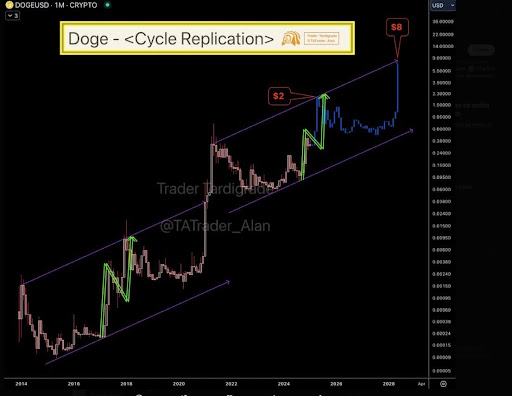
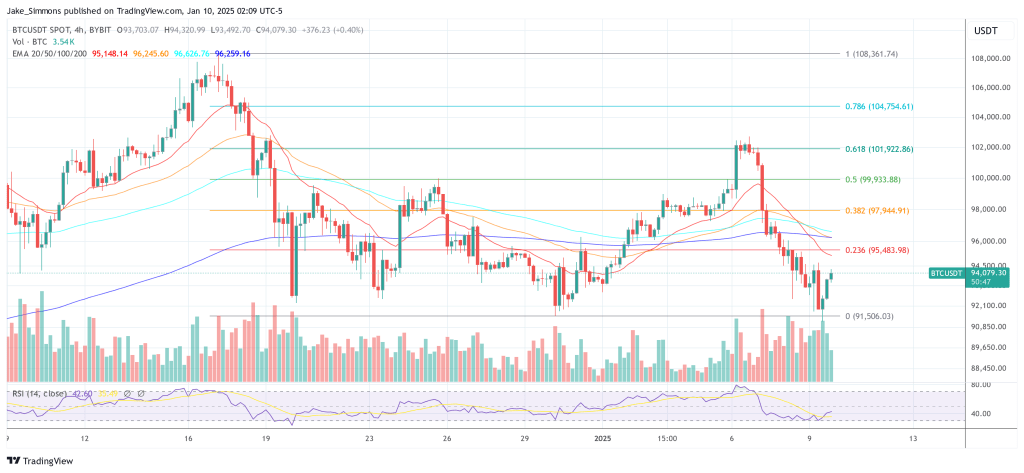


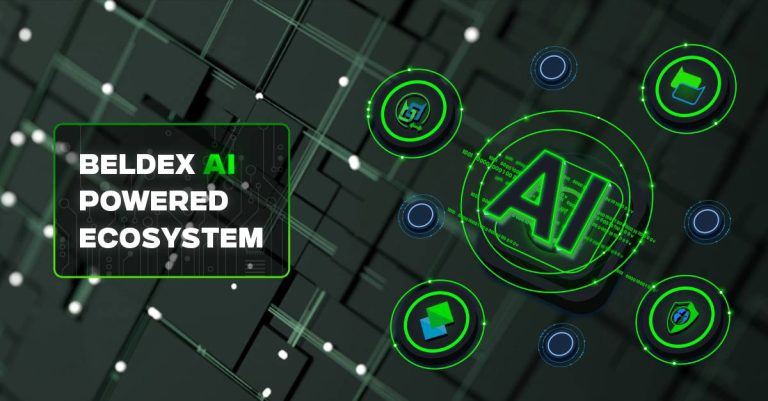




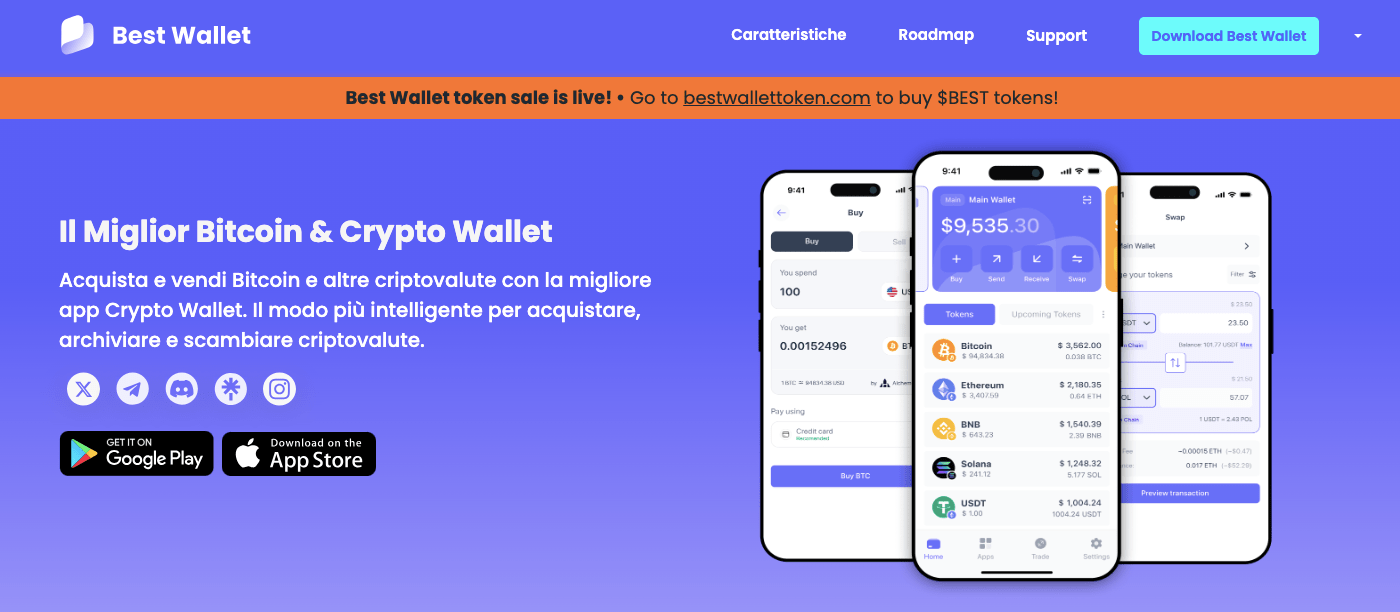





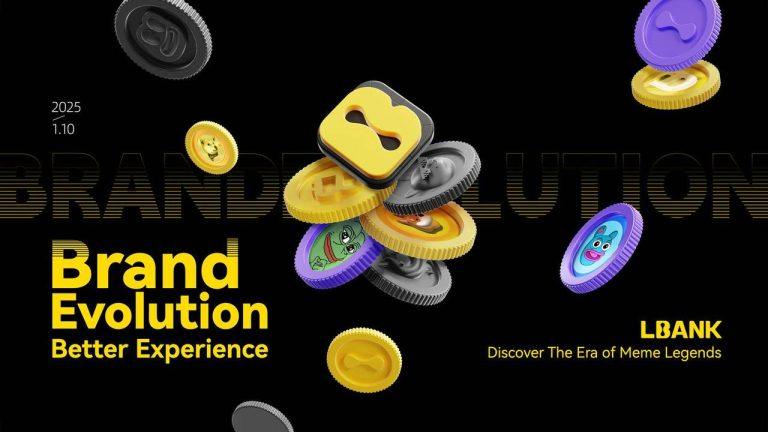
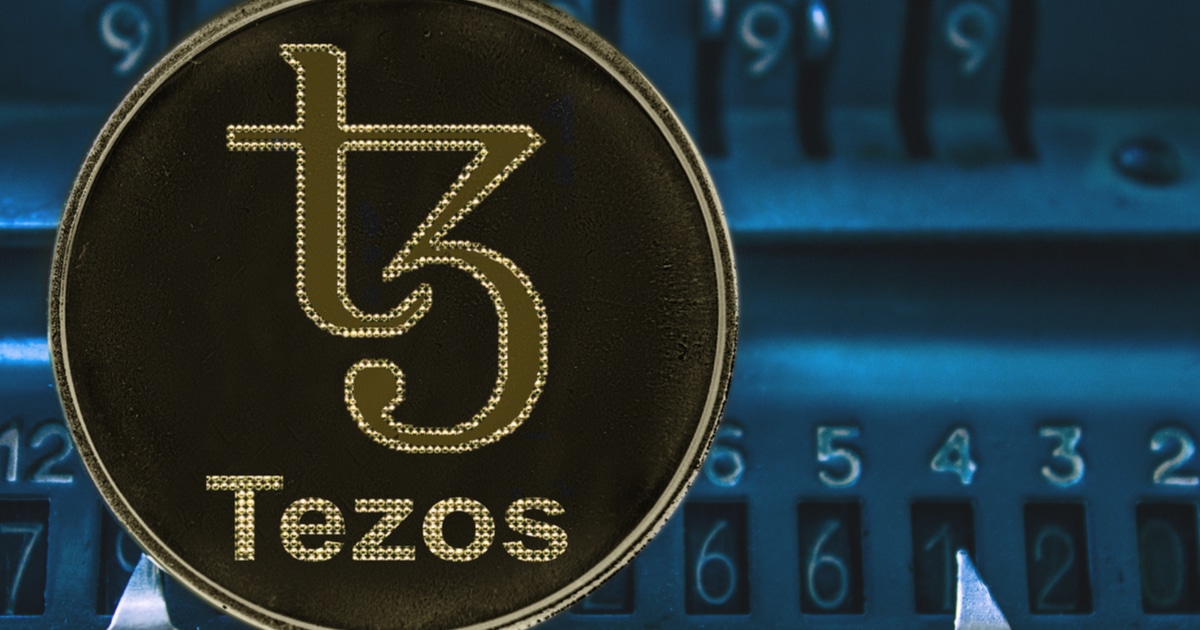
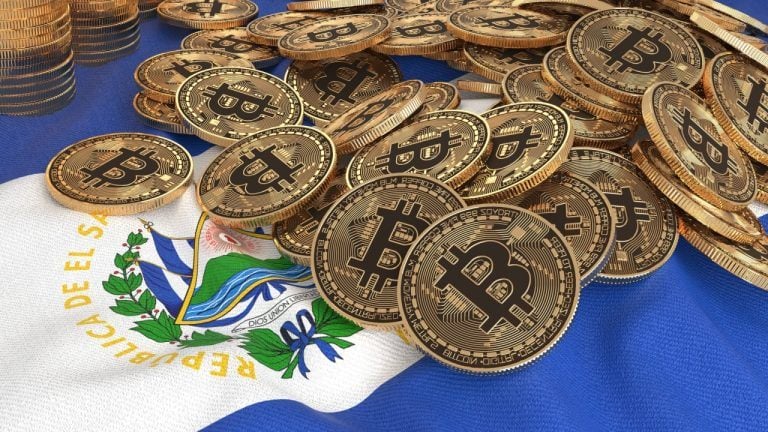
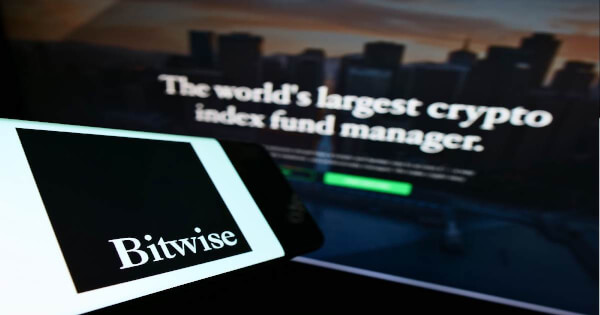

Comments